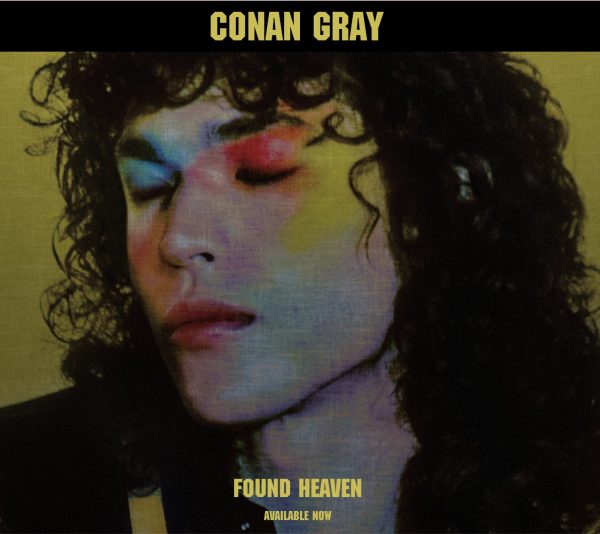One Size Fits Small? A look into Brandy Melville’s sizes and their effects on teens
June 12, 2020
Since its founding in 1970, Brandy Melville has become one of the most trendy and fashion-forward stores for teenage girls. Known for its pleasing aesthetic, California vibe and muted color scheme, Brandy Melville has deemed its customers “Brandy girls.”
Many CESJDS students frequently shop at Brandy Melville. Freshman Ella Elimelech enjoys shopping there because of their colors and the vintage style of clothing.
“I think [Brandy Melville] is so popular because [of] the people and the celebrities that shop there,” Elimelech said. “The models on their website are people that teens want to be like and they look up to.”
Yet over the years, Brandy Melville has also generated its fair share of controversy. The brand has earned criticism for many reasons, including its lack of model diversity, but the brand’s most well-known critiques stem from the brand’s “one size fits all” policy.
Unlike most stores, which carry a variety of sizes, the vast majority of Brandy Melville clothes are only sold in one size. Certain styles of jeans and outerwear can be found in additional sizes.
Many people don’t find the policy to be inclusive because the clothes typically fit a traditional size small. Sophomore Mira Beinart disagrees with the message Brandy Melville is promoting.
“It goes with the stereotype that girls have to be tall and skinny to be pretty and the fact that they don’t have other sizes is so exclusive,” Beinart said. “It doesn’t allow people that aren’t their definition of pretty to look cool.”
Brandy Melville relies heavily on Instagram advertising where its account boasts 3.9 million followers and frequently features “Brandy girls” who are typically tall and thin.
“It promotes bad mentalities and eating disorders and other things,” Beinart said. “We should be focusing on education and getting a higher education and being nice to our friends rather than trying to be super skinny.”
Assistant Director of College Guidance Kimberly Wilkins also thinks that internal qualities are immensely more important than external ones and feels that Brandy Melville’s policy is perpetuating a negative message about self-esteem.
“I do have a sincere and strong desire that especially young girls will find that really your inner fortitude is what makes you who you are,” Wilkins said. “… I would say about JDS I think a lot of kids have that. I’ve worked in many high schools; that’s not the norm so I appreciate that about JDS. I wish as a culture that that was the most important priority as opposed to all this other stuff.”
Wilkins believes that recognizing the importance of these internal qualities is especially challenging for teenagers to do, however.
“As a teenager, it’s very hard to ground yourself in reality because your reality is what’s out here and what’s in your friend group and sometimes that’s not real,” Wilkins said. “Everybody else is still trying to figure it out. I don’t even know how; my gosh I certainly didn’t know what I was at your age.”

















